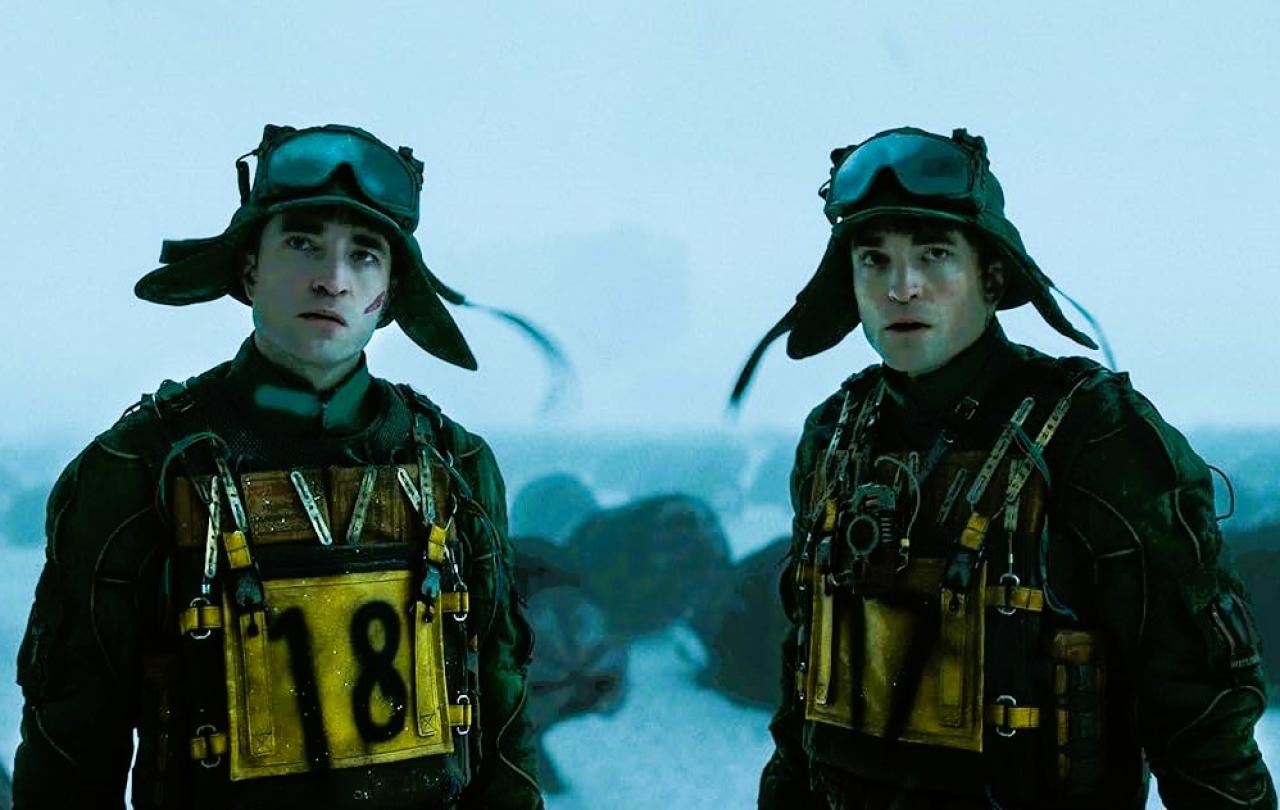
I recently posed a question to ChatGPT.
What do people truly desire? In this unique time in history, what does the soul of humanity yearn for? What are humanity's deepest longings?
The AI's initial response was not unusual or surprising. It was actually rather “meh.” It offered a familiar list of aspirations that could have been answered if I posed the question to a moderately intelligent crowded room:
Love, connection, purpose, meaning, authenticity, freedom, peace, contentment, truth, understanding, hope, transcendence, joy, and wonder.
It continued saying, Ultimately, the human soul's profound quest is for a deep harmony among love, purpose, authenticity, peace, truth, hope, and joy—an integrated, meaningful existence that resonates with our intended nature.
I pressed in,
That is good but it is a long list of many things. Of all of those things you listed above, can you narrow it down to ONE thing, ONE single thing people want from life?
Interestingly and surprisingly it said,
Ultimately, the one thing that the human soul longs for most deeply is: To be fully known and truly loved. All other desires like purpose, authenticity, peace, truth, hope, joy all stem from or lead back to this core need. Being fully known and truly loved means someone sees every part of who we are, with all our imperfections, fears, and dreams, and yet embraces us completely. It's the deepest validation, belonging, and security we can ever experience, satisfying the profoundest longing of the human heart.
I had to step back as I realized what I just read and how I got there. It was a moment of irony. Could it be that AI - one of the most innovative discoveries of our lifetime - identified one of the greatest and most rudimentary dilemmas of humanity? A machine, it appeared, had articulated why we find ourselves at such a cultural moment of unparalleled innovation along with a growing sense of human despair.
We are at a unique point in history, a "cultural moment—a bizarre time of juxtaposition," as articulated by John Mark Comer on his podcast. It’s era defined by the convergence of seemingly disparate events and marked by a time of profound contrast.
Historic levels of digital connectivity parallel a rise of disconnection, loneliness, and despair.
A new cultural fluidity of evolving gender identities and flexible social norms stir strong backlashes over historic claims of rights and norms.
I understand, for some, this "moment" is instead something much less dire. It is simply a moment where life unfolds and continues as it always has. However, what if this moment signifies more than just a fleeting series of advancing and contrasting events?
Why, despite all this progress and innovation, does humanity not seem to be in a better state? Why does it all still feel so woefully empty?
What if this reality presents us with a responsibility to delve into these contrasting events, prompting us to ask a new and perhaps deeper question?
Victor Frankl in his bestselling book Man’s Search For Meaning cited two revealing studies that - not surprisingly - align with ChatGPT. One was a public poll in France that showed 89 percent of the people polled admitted that man needs something to live for, a purpose greater than themselves. A second study he cited of 7,948 students at 48 colleges by John Hopkins University revealed nearly the same. They were asked what they considered “very important”, 16 percent checked “making a lot of money”; 78 percent said their goal was “finding a purpose and meaning to my life.”
What if our constant pursuit of innovation and progress, rather than inspiring wonder and creating soulful connection, is actually separating us from an unknown longing to be truly known and truly loved?
For many, this swift, intense interplay of progress and regress is seen as an inevitable result of our human evolution. In practice, it is the only way true discovery and radical breakthroughs can happen. However, it's clear that our current cultural challenges won’t be answered by this ongoing experiment. More progress isn’t the answer.
What if, in our super modern world where hope often feels out of reach and despair is common, an ancient book and a profound idea can shed light on what ChatGPT and Victor Frankl are getting at? The Bible consistently talks about God's desire for a relationship with us, a longing to be known and loved so that he can in turn know and love us.
Our relentless pursuit of constant change and true innovation may well reflect a profound, yet undiscovered inner yearning: a mirror of the intended two-way connection between God and people. Perhaps the intensity with which we chase external goals of development and discovery stems from our inability to resolve an inherent, unspoken dilemma within humanity.
Could the Bible, in a world shaped by AI, force us to confront and even understand the complexities of the world and our place in it? Could God use AI - a hyper advanced technological tool - to draw our attention to Him and reveal to us the ancient truth of what we truly yearn for? Is it, as ChatGPT quickly summarized, really that simple?
Ultimately, the one thing that the human soul longs for most deeply is: To be fully known and truly loved.
Support Seen & Unseen
Since Spring 2023, our readers have enjoyed over 1,500 articles. All for free.
This is made possible through the generosity of our amazing community of supporters.
If you enjoy Seen & Unseen, would you consider making a gift towards our work?
Do so by joining Behind The Seen. Alongside other benefits, you’ll receive an extra fortnightly email from me sharing my reading and reflections on the ideas that are shaping our times.
Graham Tomlin
Editor-in-Chief





